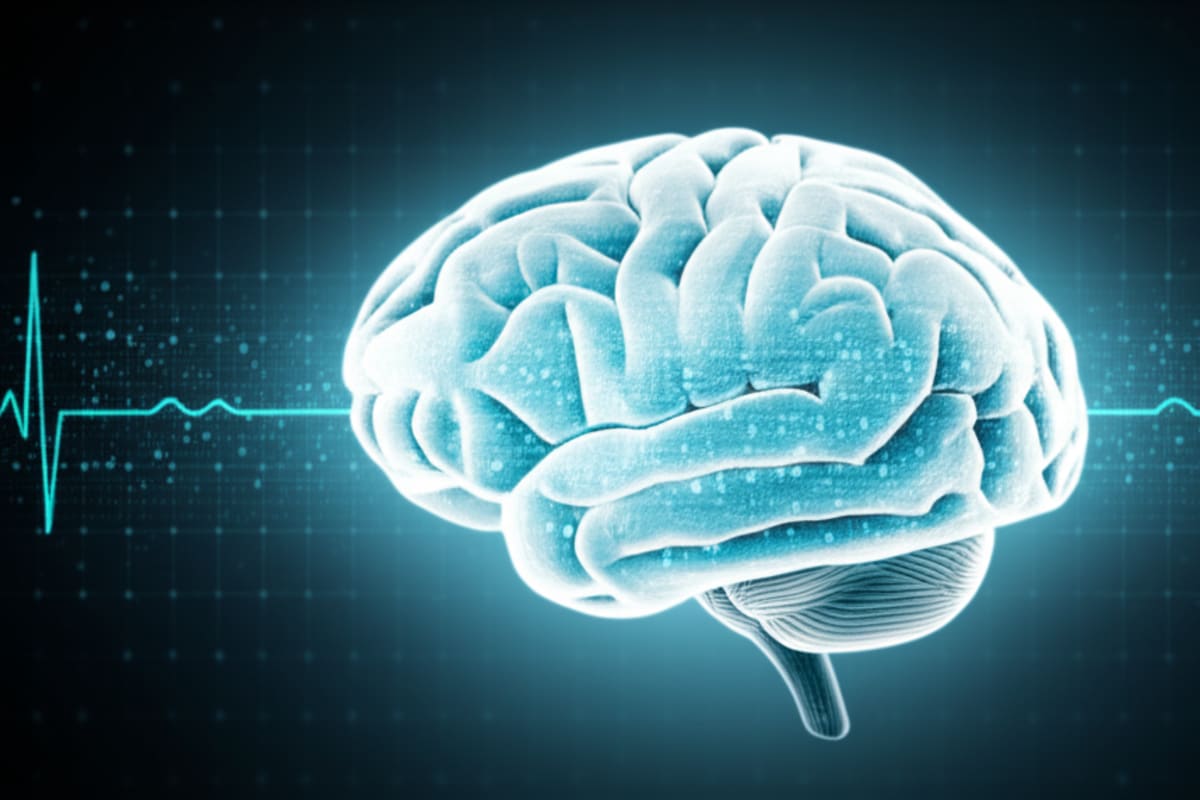AI Predicts Health Risks: New Era of Personalized Medicine?

The field of healthcare is on the cusp of a revolution, driven by the increasing capabilities of artificial intelligence (AI).
Background
Just as weather forecasting predicts future atmospheric conditions, AI is now being used to predict individual health risks, offering a glimpse into a future of personalized medicine
This emerging technology promises to shift the focus from reactive treatment to proactive prevention, potentially saving lives and reducing healthcare costs
AI algorithms are trained on vast datasets of medical records, genetic information, lifestyle factors, and environmental exposures
By analyzing these complex datasets, AI can identify patterns and correlations that would be impossible for human doctors to discern.
This allows AI to predict an individual's likelihood of developing various diseases, such as heart disease, diabetes, cancer, and Alzheimer's
The predictive accuracy of these algorithms is constantly improving as they are fed with more data and refined by machine learning techniques.
One of the most promising applications of AI in healthcare is in the early detection of diseases
For example, AI algorithms are being used to analyze medical images, such as X-rays and MRIs, to detect early signs of cancer.
These algorithms can often detect subtle anomalies that human radiologists might miss, leading to earlier diagnosis and treatment
Similarly, AI is being used to analyze electrocardiograms (ECGs) to detect early signs of heart disease, and blood tests to predict the risk of developing diabetes
"AI has the potential to transform healthcare as we know it," says Dr
Emily Carter, a leading researcher in the field of AI in medicine.
"By providing personalized risk assessments, AI can empower individuals to make informed decisions about their health and take proactive steps to prevent disease
Carter emphasizes the importance of responsible development and deployment of AI in healthcare, ensuring that algorithms are fair, transparent, and unbiased
The use of AI in healthcare also raises ethical considerations
One concern is the potential for bias in AI algorithms. If the datasets used to train these algorithms are biased, the algorithms may perpetuate or even amplify existing health disparities.
For example, if an algorithm is trained primarily on data from one racial group, it may not be accurate for individuals from other racial groups. Another concern is the privacy of patient data.
AI algorithms require access to vast amounts of personal information, raising concerns about data security and confidentiality.
Despite these challenges, the potential benefits of AI in healthcare are enormous
By providing personalized risk assessments, AI can help individuals make informed decisions about their health.
For example, if an AI algorithm predicts that an individual is at high risk of developing heart disease, that individual can take steps to reduce their risk, such as adopting a healthier diet, exercising regularly, and taking medications to lower their cholesterol
AI can also help doctors make better decisions about treatment.
For example, an AI algorithm can analyze a patient's medical history and genetic information to identify the most effective treatment for their specific condition
The future of healthcare is likely to be increasingly driven by AI.
As AI algorithms become more sophisticated and more data becomes available, AI will play an increasingly important role in all aspects of healthcare, from diagnosis and treatment to prevention and management
While challenges remain, the potential benefits of AI in healthcare are too significant to ignore.
Carter notes, "We are only at the beginning of this journey, but the possibilities are truly transformative
Ultimately, the goal is to use AI to create a more proactive, personalized, and effective healthcare system. This requires careful consideration of ethical implications, robust data privacy measures, and ongoing collaboration between researchers, clinicians, and policymakers.
The "medical weather forecast" powered by AI promises a future where health risks are predicted and mitigated, leading to healthier and longer lives for all.
